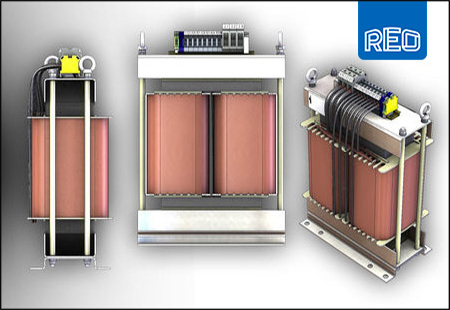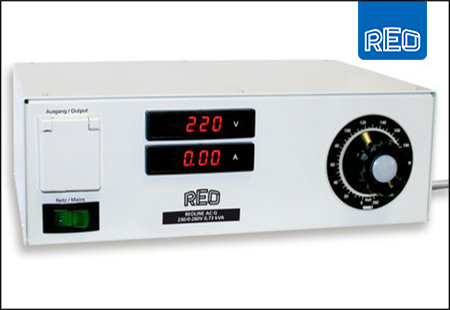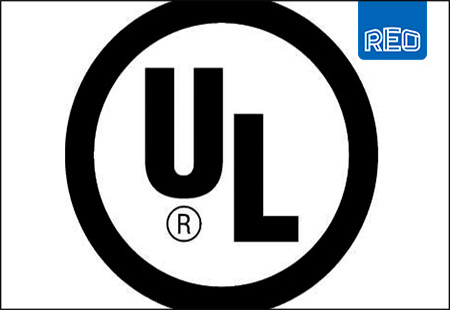What challenges are ahead for electrical engineering?
In the past 30 years, we’ve seen more industry sectors adopt electrification. However, the abundance of devices in use today leads to electrical grids with widespread power quality problems and electrical issues. As new technologies such as electric vehicles and surgical robots take over the market, the challenges will only continue to mount. Here, Steve Hughes, managing director of power quality specialist REO UK, outlines some of the biggest challenges electrical engineers will face in the coming years.
In 2018, we saw global EV sales surpass two million units for the first time; twice the amount sold in 2017. With the possible threats of catastrophic climate change and resource depletion, adopting renewables and achieving net-zero carbon emissions are high on the agenda.
Heavy investment in infrastructure and the implementation of charging networks are required to keep up with EV demand. However, until renewable generation capacity meets EV demand, these efforts will simply place a growing burden on fossil fuel generation, compounding the problem further.
Another transformative development is the rise of the industrial internet of things (IIoT), which has had a real impact on how businesses operate. By 2020, there will be more than 30 billion IoT devices in operation. However, these devices will provide no value in terms of collecting real-time data without a stable power supply.
These might initially sound like drastically different areas, but they both serve as examples of the growing electrification across all industry segments and facets of society. The electrification of applications and processes has grown in popularity in the past 30 years, as we’ve seen with the increased electrification of the transport and medical sectors.
By 2050, we anticipate that more industry segments will have adopted electrification in ways that fundamentally change the nature of the sector. In doing this, businesses will place even greater importance on good power quality.
Maintaining good power quality is pivotal to the efficiency of the equipment. So too is an understanding of the problems that cause electrical issues, like harmonic currents from power supplies that may interfere with sensitive devices, or even cause failures.
While harmonic currents are not a new issue for the electrical industry, the growing number of sources of electrical noise is making them a bigger risk than ever before — both in terms of their proliferation and their impact. As such, it is becoming increasingly important that electrical engineers use technology to limit the impact of harmonics, such as harmonic current filters.
Likewise, design engineers can ensure all variable speed drives (VSDs) are equipped with effective filters and mains chokes to maintain a clean sinusoidal wave and to safeguard against power quality problems. For electronics, investing in high-quality switch-mode power supplies (SMPSs) and ensuring that high-quality toroidal transformers are used wherever possible can also reduce high-frequency electrical noise.
And although it’s a problem that has existed for years, tackling the risk of poor power quality is undoubtedly one of the biggest challenges for the electrical industry in the years ahead. As electricity plays an increasingly important role across sectors, the impact of failure becomes even more significant. There are also more risks from other applications, such as interference generated by high-frequency switching at a mains junction near a solar farm affecting the quality of power fed into construction equipment at a site nearby.
Over the last 30 years as REO UK, we’ve helped businesses tackle the issue of poor power quality in many sectors. We’ve now drawn on our power quality expertise to create an ebook, R30: The past, present and future of power. This ebook offers an extensive look at the changes in electrical engineering, the current challenges and projections for the future of the industry.
The ebook charts the rise of EVs and renewable energy but also takes an in-depth look at areas such as factory automation and the MedTech industry. Engineers in all sectors can widen their understanding of the challenges facing power across all industry segments, and how they can contribute to overcoming them. As the industry continues to electrify, engineers play an integral role in ensuring the transition is smooth.
REO UK’s book, R30: The past, present and future of power, is set for release in Autumn 2019. To register to receive a free copy of the book, click here.













